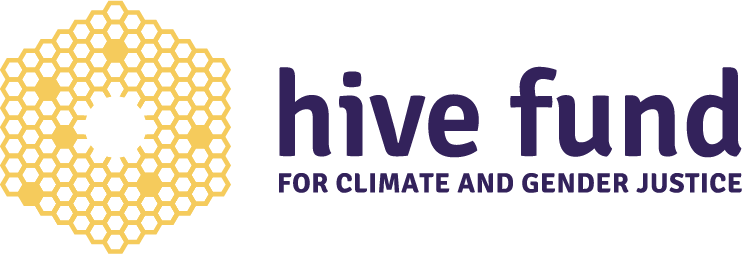Q&A with Texas Rising organizer Ivy Major-McDowall
Ivy Major-McDowall (she/her/hers), Regional Field Coordinator, Texas Rising, Texas Freedom Network
We caught up recently with Ivy Major-McDowall, an inspiring young organizer in Texas, to get a first-person account of what it’s been like to organize in a battleground state during a pandemic over the last few months.
How did you get into this work?
After graduating from college in 2018, I worked for a non-profit that focused on organizing and advocating for Asian and Pacific Islanders in Oregon. When I moved to Texas, I was really grateful to find an opening at Texas Rising, with its mission of working with young people of color to fight for progressive issues like LGBTQ equality and climate change. Young people like myself (I just turned 25) understand that many different issues impact our communities and intersect. It’s not just that we care about different issues, it’s that we’re incredibly impacted by them. Some of the young people I work with have student debt, don’t have health care, some immigrated to the US or have family who are undocumented. Those are lived experiences. So, if you’re demanding young people to choose only one issue, it’s not going to work.
What was Texas Rising’s strategy for engaging voters during the pandemic?
We hired more than 50 young people—some students, some not—to text and call young people of color across the state. Each week, we advanced the work. First, helping to make sure people were registered to vote. Then, we made sure folks had a plan to vote, knew their polling location, and reminded them to vote early. All these calls and texts were made by our young people. We knew young people would respond the best to their peers and be able to relate and provide the best information to questions.
What was the impact you saw from that effort?
Through the work of not only Texas Rising but other youth power organizations like Jolt and Move Texas who were also doing the same work-- we saw an increase in young people voting in Texas. During the early voting period, we saw an increase upwards of 600% in youth voter turnout from 2016. In total, 1.4 million young people voted early, compared to 630,000 in 2016.
What do you do as a Regional Field Coordinator?
By building chapter models of student organizations on campuses, we open spaces for young people to talk about issues and advocate for themselves on campus and in their broader communities. We also reach out to young people (age 18-25) who may not be going to school by hosting educational and action events that are open to the public. I think of the work of organizing as building relationships, building trust, and building a sense of community for young people. I help young people grow into their own leadership. I’m here to show care and provide support and opportunities, and not just tell them what to do.
What are you hearing from young people you are talking to right now?
I hosted youth power hours to talk about issues young people care about and climate change was definitely at the forefront of their minds, as well as local issues like air quality and drinkable water. Young people want to ensure the climate crisis is addressed before it’s too late because we are the generation that’s going to have to deal with the catastrophe that’s going to result from it.
As someone who will turn 50 in 2045, a decade when climate impacts will most likely be severe, is this something you think about for your own future?
Oh, constantly. I’ve recently started being involved with a statewide climate coalition for Texas. Many of these groups are very established, policy-driven organizations that have a lot of knowledge that isn’t easily accessible to the public. These organizations don’t have the capacity and haven’t been able to connect with organizers and young people who want to be active around climate issues. I want to make sure we connect, collaborate, and get the information out. I’m really excited to build out this coalition and work as a united front toward something like a Green New Deal in Texas. Oftentimes we feel like the policies being made are closed to young people. It would be great to have that door open to collaborate because we are so impacted.
What are your hopes for the future?
It’s been exciting to join Texas Rising when Texas becoming a battleground state because of the organizing that’s been happening to get more people of color and young people out to vote. But it doesn’t stop there. We’ve seen a huge push for civic engagement and now we have the space to activate young people around the issues they care about. I hope the dreams and hopes for change of the young people I get to work with come true.

